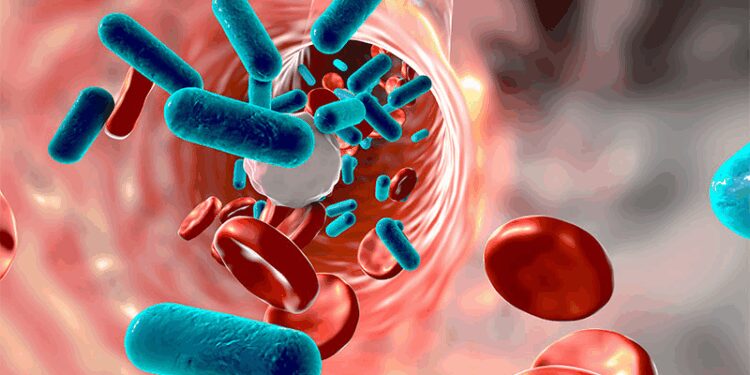A cluster of Legionnaires’ disease cases in New York City has risen to more than 100 individuals, four of whom have since died from the disease, according to a press release from the New York City (NYC) Health Department.
As of August 15, the NYC Health Department reported 101 confirmed cases, including four deaths, and 15 patients remained hospitalized. Legionnaires’ disease, caused by the Legionella bacteria, have been confirmed across five zip codes in New York City (10027, 10030, 10035, 10037, and 10039) since July 25. The infection has been traced to bacteria in 11 cooling towers across the city, and individuals were affected after inhaling mist from these towers, according to the health department.
The press release emphasized that the bacteria is not associated with local plumbing and that residents in the affected areas can continue to use water for bathing and cooking and can safely run their air conditioners.
The disease is not contagious, and most healthy individuals who are exposed do not become sick, according to the CDC.
Expert Advice to Clinicians
Legionnaires’ disease is a rare condition, and incidence is hard to estimate because diagnosis requires a suspicion of disease and ordering of the tests needed for confirmation, said Krishna Thavarajah, MD, a pulmonologist and director of the Interstitial Lung Disease Program at Henry Ford Hospital, Detroit, in an interview.
L pneumophila, the water-related and most often-diagnosed strain, may be more common in the late summer and early autumn, whereas the soil-related L longbeachae may follow gardening season in the spring and early summer, Thavarajah explained.
Because Legionnaires’ disease is not contagious, a cluster of cases may reflect a group of individuals being exposed to contaminated water through sources such as cooling towers, pools, showers, hot tubs, or soil via compost or construction, said Thavarajah.
“Suspicion of disease is key, as diagnosis depends on ordering specific testing, typically urine antigen or bronchoalveolar lavage antigen, to make the diagnosis,” Thavarajah told Medscape Medical News. “Patients may present with flu-like illness, pneumonia, transaminitis, acute changes in mental status,” she said. “Additional history regarding specific exposures in the 1-2 weeks prior to presentation may be helpful in identifying a source, such as occupational exposure, standing water exposure, pool use, or gardening,” she noted.
The Legionella bacteria also are responsible for Pontiac fever, said Thavarajah. According to the CDC, individuals may develop Pontiac fever after breathing mist that contains Legionella bacteria.
However, in contrast to Legionnaires’ disease, Pontiac fever is self-limiting, with no symptoms of pneumonia, although symptoms may include fever, headache, chills, and myalgias, as well as nausea, vomiting, or diarrhea, usually between 4 and 60 hours after exposure, Thavarajah told Medscape Medical News. Pontiac fever can last from 1-9 days and resolves without specific therapy, she added.
Risk factors for Legionnaires’ disease include age older than 50 years, underlying lung disease, smoking, immunosuppression (specifically with impaired cellular immunity), diabetes, AIDS, and hematologic malignancy, Thavarajah said.
The most common presentation of Legionnaires’ disease is typical of other types of pneumonia, with fever, cough, and dyspnea, but failure to respond to beta-lactam therapy should also trigger higher suspicion, said Thavarajah. “Patients may also present with nausea, vomiting, diarrhea, hyponatremia, and transaminitis,” she noted. Thavarajah advised clinicians to consider testing for Legionella in cases of moderate-to-severe pneumonia, known high risk exposures, and in immunocompromised patients. “Urine Legionella antigen testing targets L pneumophilia only; other testing modalities are sputum culture and PCR [polymerase chain reaction] testing,” Thavarajah said. Empiric treatment consists of a fluoroquinolone, such as levofloxacin, or macrolide such as azithromycin, she said.
Thavarajah disclosed no financial conflicts of interest.
Source link : https://www.medscape.com/viewarticle/legionnaires-disease-hits-hard-harlem-2025a1000lrx?src=rss
Author :
Publish date : 2025-08-18 11:10:00
Copyright for syndicated content belongs to the linked Source.








